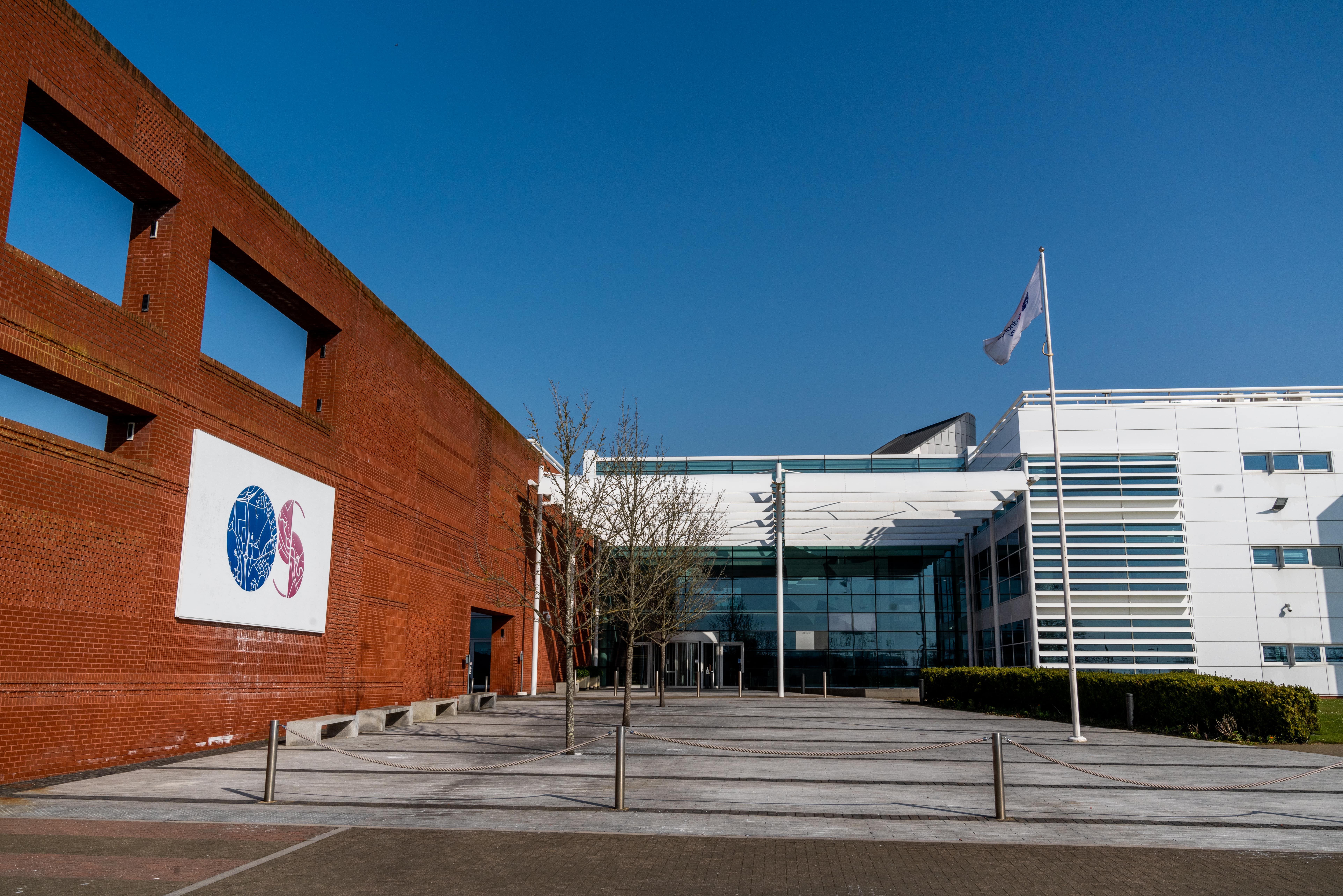Folks, the banging pots and pans of recognition and the fuzzy feeling of delivering societal good, isn’t going to help people weather the cost of living crisis, or pay their energy or food bills.
At a time when the charity sector is plugging the gaps of the public sector more than ever, charity leaders are working tirelessly to deliver more.
Trouble is, those same leaders are, on average, paid significantly less than their private sector counterparts.
In 2021, a survey of 450 charity leaders by Ecclesiastical found that 44% had considered quitting during the pandemic as a result of the increased pressures. There’s little to suggest this has improved.
An added cherry on top is a £2bn wage gap they can collectively expect over the next two years due to inflation and a looming recession. It’s worth mentioning that we’re not just talking about those at the ‘top’, 17% of charity workers in general earn less than the real living wage.
Am I sounding gloomy? Well, perhaps. A lot of public attention is given to the salaries of the CEOs. But small to medium-sized charity CEO’s in particular can expect to receive a basic pension and holiday allowance, and work well beyond the hours of 9am-5pm. A CEO’s workspace will extend beyond the office, to the kitchen whilst cooking, the car whilst waiting to pick up the kids from school, or the bathroom … Well, you get the point I’m making!
CEOs are expected to be overnight experts in just about everything. The role is demanding, multifaceted and relentless. Whether its mastering TikTok, developing marketing campaigns, wooing corporate clients, writing grant applications, understanding emerging fundraising channels, developing strategies, being GDPR gurus or acting as accountants, we’re walking department stores desperately trying to work multiple till systems.
Having been in the unique position of sitting as a trustee, and now being a CEO, I can see what a fractious and difficult relationship this can be on both ends of the scale.
Though not always the case, CEO’s can feel under-supported by their board, as I saw. On one occasion a CEO had an emotional breakdown during a trustee meeting due to a toxic relationship, whilst in the case of another, they had a board who never turned up to meetings, let alone provide them with support.
The point I’m making here is that the role of a charity CEO is bloody tough and can at times feel thankless. And for those who’ve written grant applications, we know that getting funding for core costs, like salaries, can be hard, particularly if for living wage rates.
I’m fortunate to have a supportive team around me, who understand the importance of fairness and sustainability. But we have to chip away at negative views and the culture that is making it difficult for CEOs to be lifelong, valued leaders.
Appreciation and slaps on the back cannot replace a remuneration that is proportionate to the job in hand. I regularly see CEO vacancies with salaries that sit 25-30% below the market averages. In what other industry would that type of disparity be present?
We should all take note, know our worth and work hard to make working environments across the third sector better, fairer and fit for the future.
Latest News
-
Girlguiding admits it is ‘not yet representative of girls in the UK today’ four years after racism report
-
UK’s most affluent areas are the least generous, report finds
-
Exclusive: More than 40 UK charities quit X for Bluesky in last three months
-
Regulator bars charity from selling 16 properties it owns
-
Small criminal justice charities locked out of government funding, report warns
-
Human rights expert to lead HIV charity’s board
Charity Times video Q&A: In conversation with Hilda Hayo, CEO of Dementia UK
Charity Times editor, Lauren Weymouth, is joined by Dementia UK CEO, Hilda Hayo to discuss why the charity receives such high workplace satisfaction results, what a positive working culture looks like and the importance of lived experience among staff. The pair talk about challenges facing the charity, the impact felt by the pandemic and how it's striving to overcome obstacles and continue to be a highly impactful organisation for anybody affected by dementia.
Charity Times Awards 2023
Mitigating risk and reducing claims

The cost-of-living crisis is impacting charities in a number of ways, including the risks they take. Endsleigh Insurance’s* senior risk management consultant Scott Crichton joins Charity Times to discuss the ramifications of prioritising certain types of risk over others, the financial implications risk can have if not managed properly, and tips for charities to help manage those risks.
* Coming soon… Howden, the new name for Endsleigh.
* Coming soon… Howden, the new name for Endsleigh.
Better Society

© 2021 Perspective Publishing Privacy & Cookies











Recent Stories